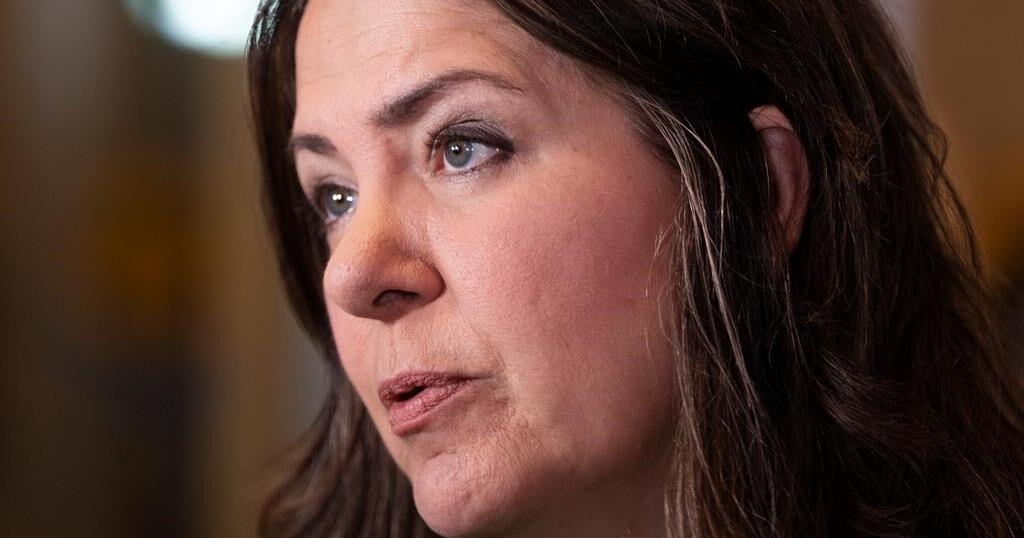As the number of coronavirus cases and hospitalizations soar across Canada, a new poll shows that a majority of Canadians want a boost in the health-care system and innovation.
A survey of 1,150 Canadians conducted by Ipsos on behalf of the Montreal Economic Institute (MEI), found that 88 per cent said there need to be more beds, personal protective equipment (PPE), medical staff, hospitals and clinics, to tackle the COVID-19 pandemic. Some 93 per cent of those aged 55 and above agreed.
“Canadians realize that our health-care system is constantly on the verge of being overwhelmed, and want there to be more capacity to deal with large volumes of patients,” Miguel Ouellette, director of operations and economist at the MEI, said in a statement on Tuesday.
Canada has seen a surge in daily infections, adding more than 4,000 new coronavirus cases for a third straight day on Tuesday.
On Tuesday, Prime Minister Justin Trudeau called the spike “very concerning”, with winter expected to bring “real challenges”, he said.
The rising number of patients is overwhelming hospitals, particularly in the western provinces, where record-high levels of hospitalizations were reported on Tuesday.
Health officials in Alberta and Manitoba, which leads all other provinces in per-capita active cases, have voiced concern.
In Saskatchewan, doctors raised alarm in an open letter on Tuesday, saying that hospitals in the province are full, and Saskatoon’s intensive care units — having reached 130 per cent capacity — are diverting patients.
“It is becoming increasingly clear to us, physicians from across Saskatchewan, that we are losing the battle,” stated the letter signed on Tuesday by 206 doctors, adding, “If more is not done to change our course, we are confident that winter will bring overflowing hospitals, cancelled surgeries, overwhelmed health-care providers and needless deaths.”
Turning to telemedicine
According to the MEI survey that was conducted online last month, 61 per cent of respondents said their health system is “too bureaucratic”.
Maria Lily Shaw, an economist at MEI, told Global News that the shortages in Canada’s health-care system are not new, but the COVID-19 crisis has “simply exacerbated the problem and made it even more obvious to the public”.
“When it comes to emergency situations such as a global pandemic, the key to a timely recovery is the ability to increase staff, space, and equipment in a time of dire need. The bureaucratic nature of our system makes it difficult, or even impossible, to quickly and efficiently increase the amount of available hospital beds and hospital staff. There are simply too many hoops to jump through,” she said.
According to the poll, 53 per cent of Canadians also said that the system has actually deteriorated over the last 10 years, despite additional funding into health care.
Under strict lockdown restrictions to prevent the spread of COVID-19, many Canadians have turned to virtual medicine for help.
Nearly 70 per cent of Canadians are in favour of continuing telemedicine even after the COVID-19 pandemic is over.
Shaw said this can be interpreted as positive feedback to the actions that have been taken by provincial governments in the past months to facilitate telemedicine services.
During the pandemic, provinces have introduced temporary payment codes to their health system which allow doctors and physicians to be remunerated when offering telemedicine services to their patients.
“We now have the infrastructure for virtual consultations and valuable experience with telemedicine, so why not make it permanent? This would increase access for the patients and ultimately improve the capacity of our system,” she said.
Since the pandemic began, Canada has registered 273,037 cases of COVID-19, including 10,632 deaths, while 221,279 people have recovered and more than 12 million tests have been administered.
Source: – Global News
Source link
Related
























